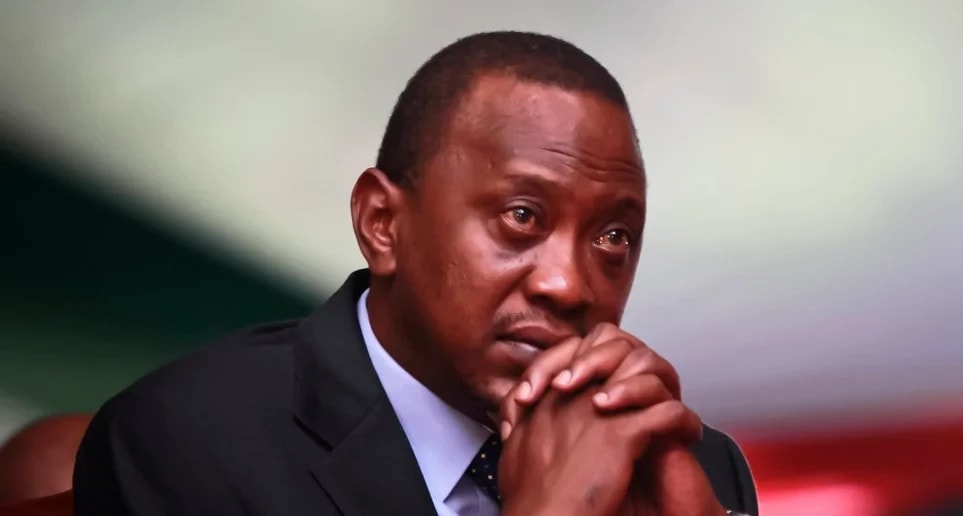The hustle and bustle of Mbarara Central market came to a standstill on Tuesday afternoon as the digital literacy campaign got off to a promising start in South-Western Uganda.
It was the same story in Soroti town, Eastern Uganda, as Uganda Communications Commission through the Rural Communications Development Fund (RCDF) took digital services to the people – literally.
Young and old, men and women, they sat in the tents attentively taking in the message. Determined to take services closest to the people, UCC staff were at hand to engage with those who couldn’t leave their stalls for obvious reasons. Others flocked to the help desks with queries of every kind – from email opening to online passport application.
For that is the essence of this programme – to sensitise market vendors and other informal sector folks about the importance of ICTs, address some of their basic digital challenges instantly, and introduce them to e-government services.
The Ugandan economy is dominated by the informal sector, which is characterised by unregistered business undertakings. Yet this sector, which incorporates market vendors, fishermen, subsistence farmers, mechanics and Boda boda cyclists, is at risk of being left behind by the digital revolution.
Besides the mindset that suggests ICTs are not essential or they are for the elite, it must also be acknowledged that this is a category of people that finds it hard to leave their workplaces to Boda seek ICT training or capacity building.
Therefore, exercising its crucial mandate to reach the unserved and underserved, RCDF sought to enhance the digital literacy of market vendors, most especially women, to enable them leverage ICTs in their businesses and everyday lives.
The Director RCDF Nyombi Tembo told his audience of hundreds gathered at Mbarara Central Market that without the Internet or email address, they are missing out on a variety of online services.
“We have digital experts here, come forward if you don’t have an email address, they will help you get it; if you don’t have a Facebook account, you will get it, or they will teach you how you can get it quickly and easily,” he said.
“We need to get these things so as to be part of the digital revolution and to use our phones effectively.”
The day’s programme was spiced with lively performances by acrobats and music, which kept the audience entertained even as the learning was going on.
According to the Uganda Bureau of Statistics, the informal sector accounts for more than 50% of Uganda’s GDP. Besides, up to 80% of the labour force work in the informal economy, mostly in the agricultural sector. Many youths also find themselves in this sector owing to limited employment opportunities in the formal sector.
Research suggests that significant ICTs uptake can help create employment and transform businesses from informal to small, medium and large enterprises, thus transforming the economy.
Therefore, the digital literacy informal sector programme seeks to position ICTs as a tool for business transformation of the informal sector, from small to medium and to large enterprises.
The one-day programme at markets in Mbarara and Soroti, which was also joined by other communications sector stakeholders such as NITA Uganda, MTN Uganda and Airtel Uganda, offered the following services:
- Educating market-goers on the benefits of ICT in various sectors
- Access and use of relevant content in different informal sectors
- e-government service utilisation and online marketing
- Providing real-time responses to ICT related queries
- Conducting demonstrations on ICT business tools
- Addressing other communications consumer issues.
- Distributing consumer education literature.
- Gathering feedback from the public.
From Mbarara and Soroti, the two-pronged digital literacy caravan proceeds to Ntungamo, Kabale, Kisoro, Masindi, Hoima and Buliisa; Soroti, Lira, Gulu, Arua, Nebbi and Pakwach, among other towns.





